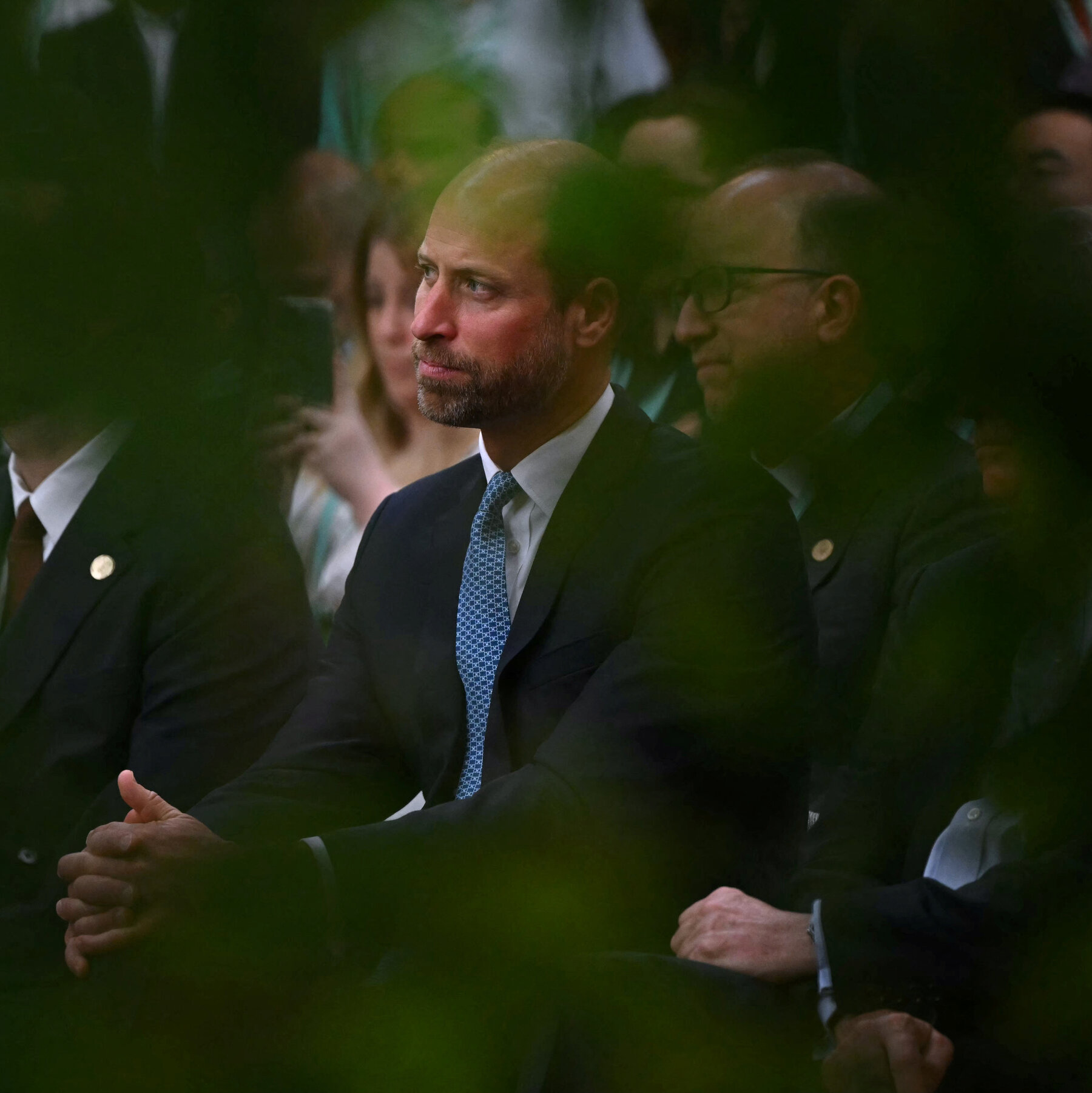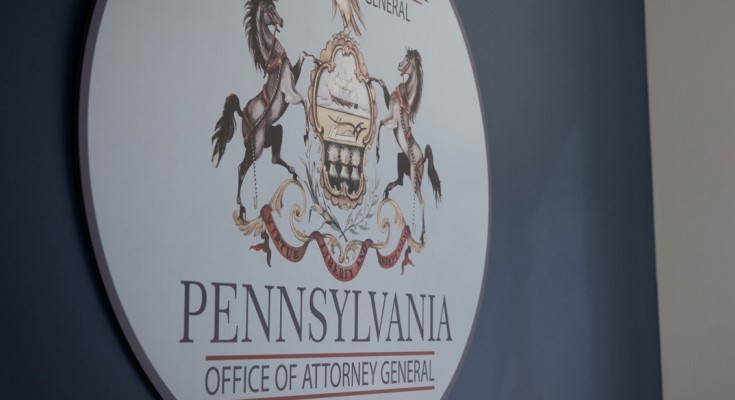Renowned Brazilian chef Felipe Bronze declined to cater a high-profile climate event for Prince William set to take place in November 2023. The event, which aims to spotlight environmental issues, would have gathered approximately 700 guests in Brazil. Chef Bronze expressed his concern that the requested menu did not align with his vision of showcasing the rich culinary traditions of the Amazon rainforest.
The chef, known for his innovative approach to the region’s cuisine, likened the request to “asking Iron Maiden to play jazz.” This metaphor encapsulates his frustration with a menu that he felt would not do justice to Brazil’s diverse flavors and ingredients. Instead of focusing on local culinary heritage, the proposed menu leaned towards international dishes, which Bronze believes would overshadow the unique offerings of Brazilian cuisine.
Chef Bronze’s rejection of the catering opportunity highlights a broader conversation about cultural representation and authenticity in culinary events. He emphasized the importance of celebrating the Amazon’s culinary heritage, which is often overlooked in favor of more conventional choices.
In his statement, Bronze mentioned, “I want to bring the Amazon to the table, not just in terms of food but also in showcasing our culture and our people.” This sentiment reflects a growing awareness among chefs and culinary professionals regarding the need to honor local traditions.
The event, hosted by Prince William, is part of a series of initiatives aimed at raising awareness about climate change and its impacts on global ecosystems. The prince’s commitment to environmental issues has garnered significant attention, and many hoped the event would provide a platform for sustainable practices and local engagement.
Bronze’s decision has sparked discussions within the culinary community about the importance of menu authenticity, especially at events that aim to celebrate local culture. As chefs continue to navigate the challenges of catering for international figures while remaining true to their roots, the implications for future culinary events are significant.
The Amazon, a vital ecosystem, faces numerous threats, including deforestation and climate change. By promoting its culinary traditions, chefs like Bronze aim to contribute to a greater understanding of the region’s significance. The chef’s refusal to compromise on his values serves as a reminder of the power of food as a medium for cultural expression and environmental advocacy.
As the date for the event approaches, it remains to be seen how the organizers will adjust their plans in light of Bronze’s public stance. His commitment to showcasing the Amazon’s culinary richness could inspire other chefs and event planners to rethink their approaches to menu selection and cultural representation.
This incident underscores the ongoing dialogue about sustainability, local identity, and the role of culinary arts in addressing global issues. As the world grapples with climate change, the culinary community’s role in advocating for local traditions becomes increasingly critical.







